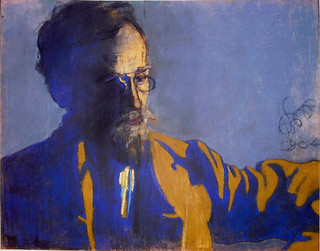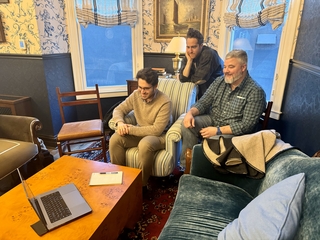This program provides the opportunity to receive doctoral degrees in both disciplines. Applicants must show background, aptitude, and interest in both disciplines. The combined program provides graduate students with robust training in Film and Media Studies, but also with specialized training in Slavic and Eurasian literatures and cultures.
To be accepted into the combined degree program, students must be accepted by both departments. Each student’s program of study will be planned in consultation with the DGS in each area. Students divide their coursework between Film and Media Studies and the Slavic Department and take a total of 16 courses. They are normally expected to take at least 6 courses from each department.
Our students also gain experience programing film series around Yale. For an example of a recent series take a look at the student curated “Complexities of Resistance”.


